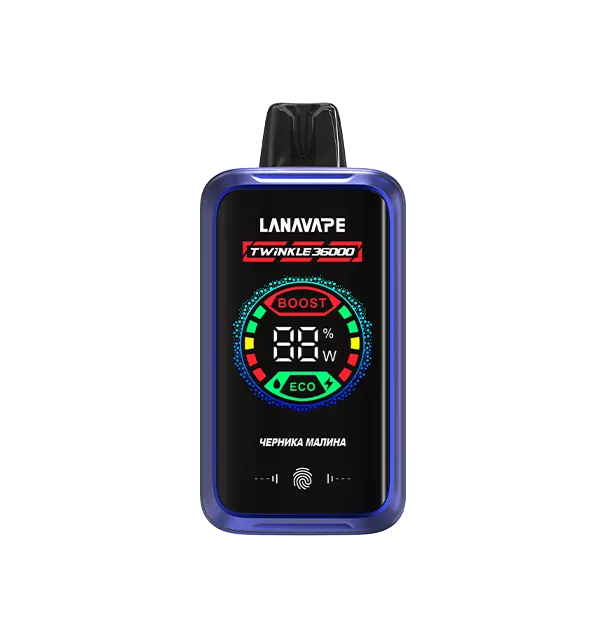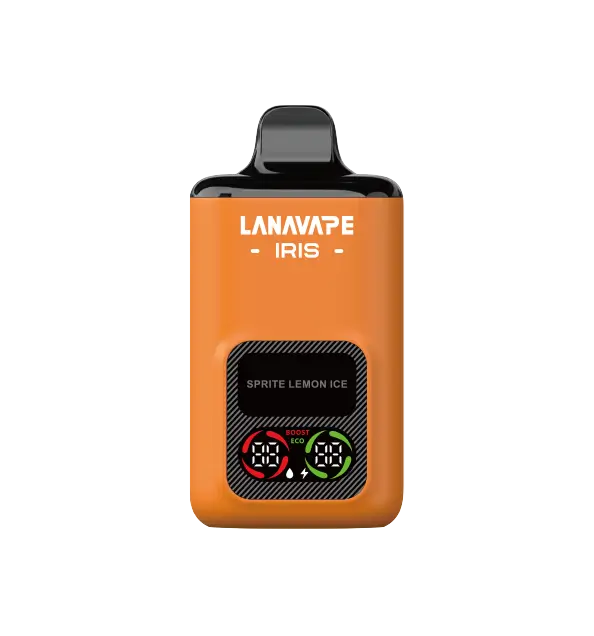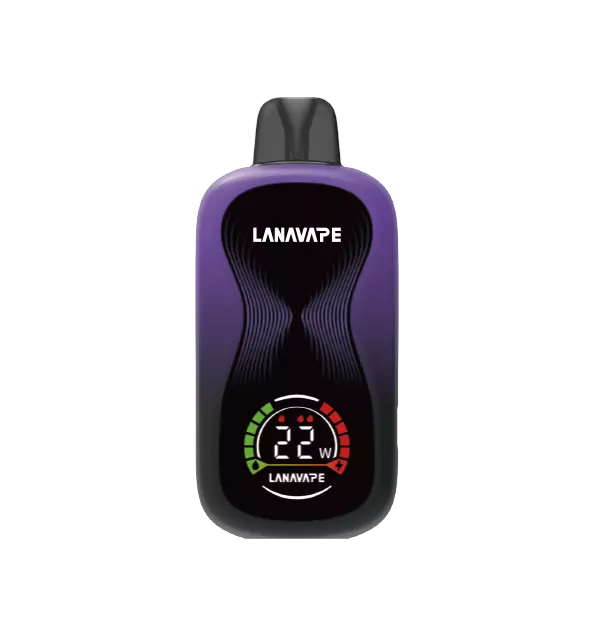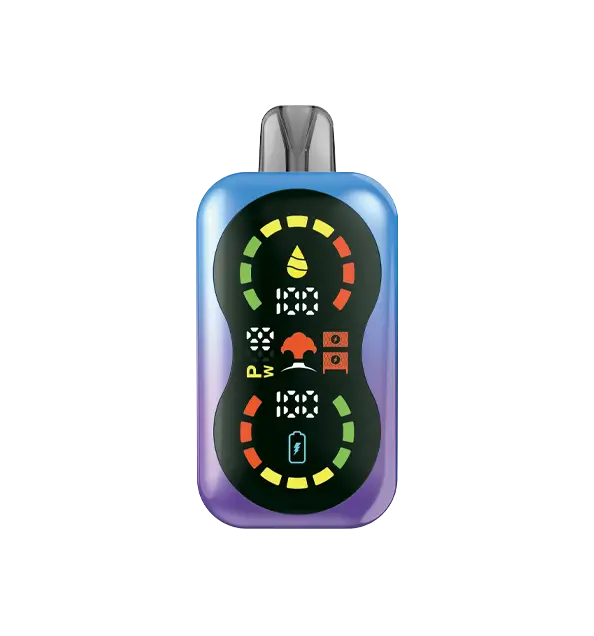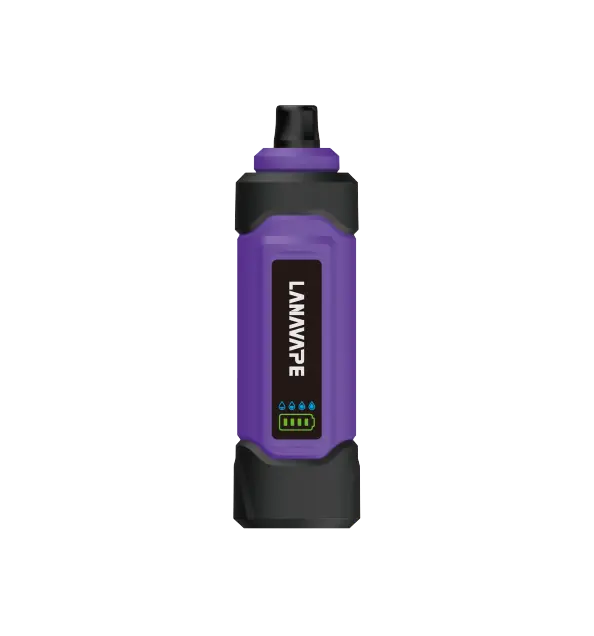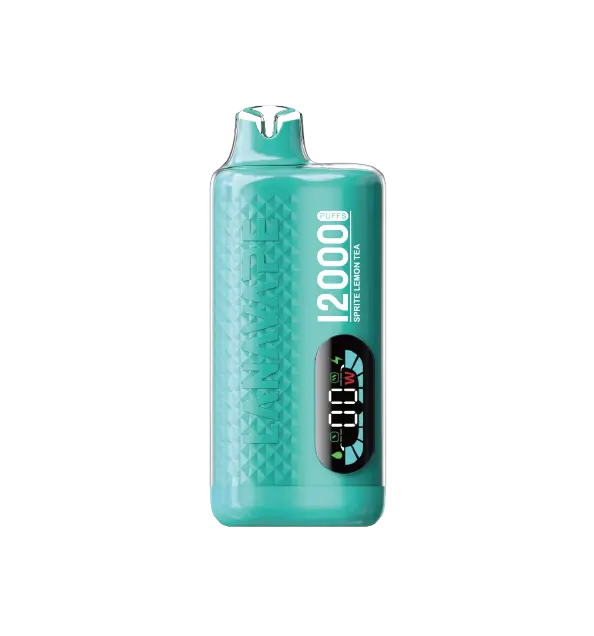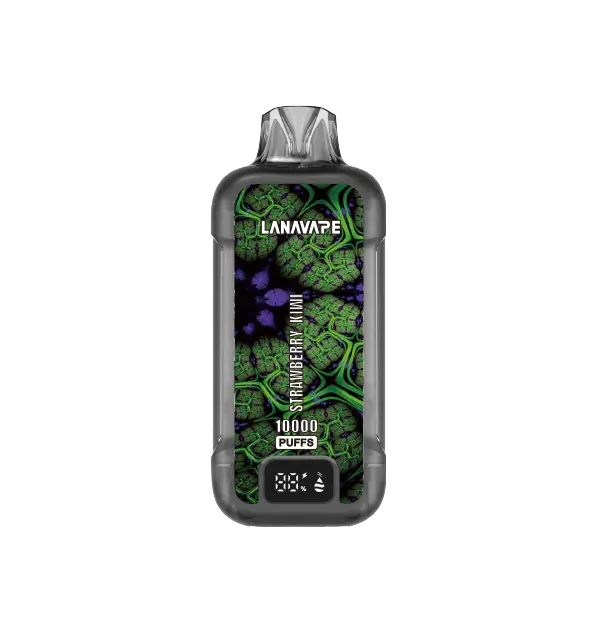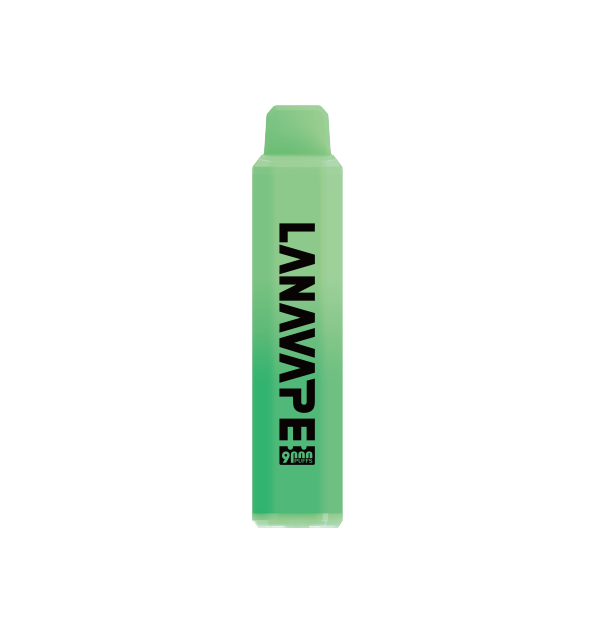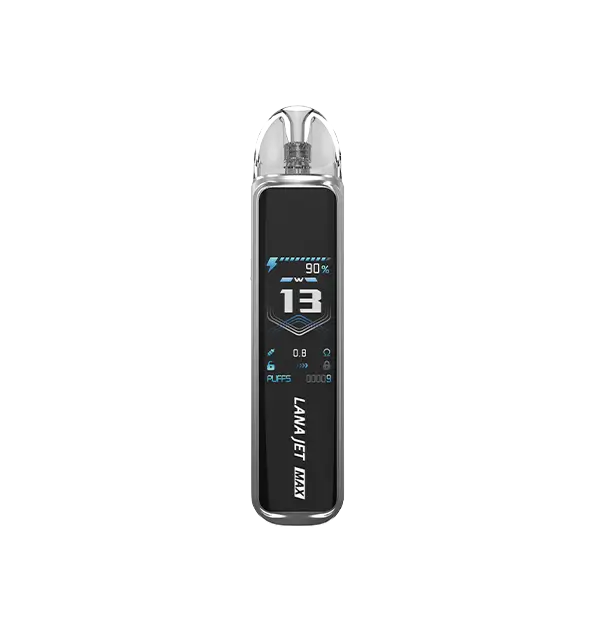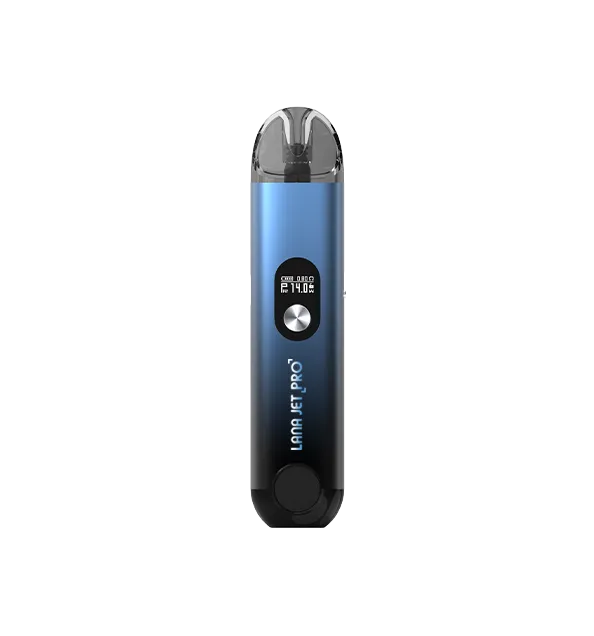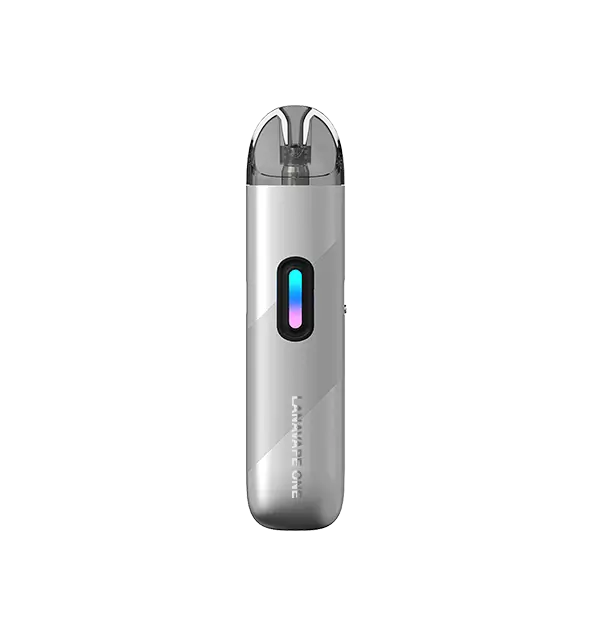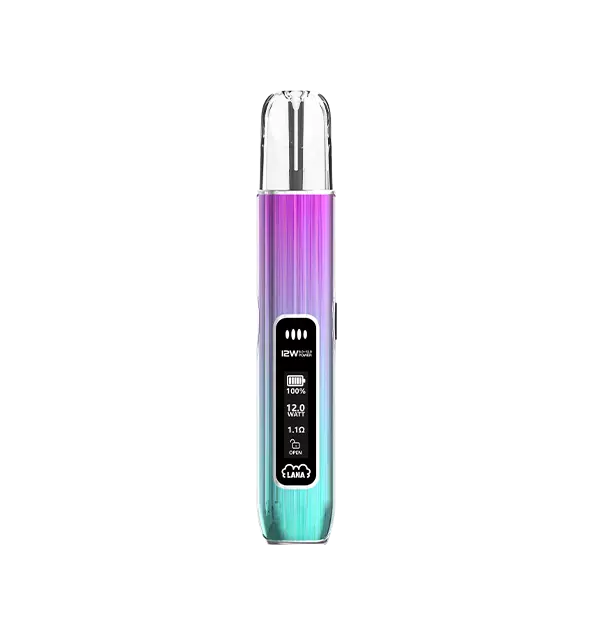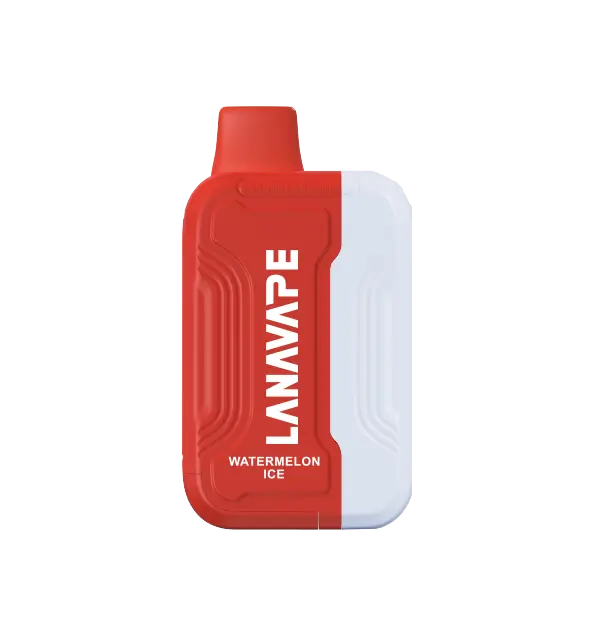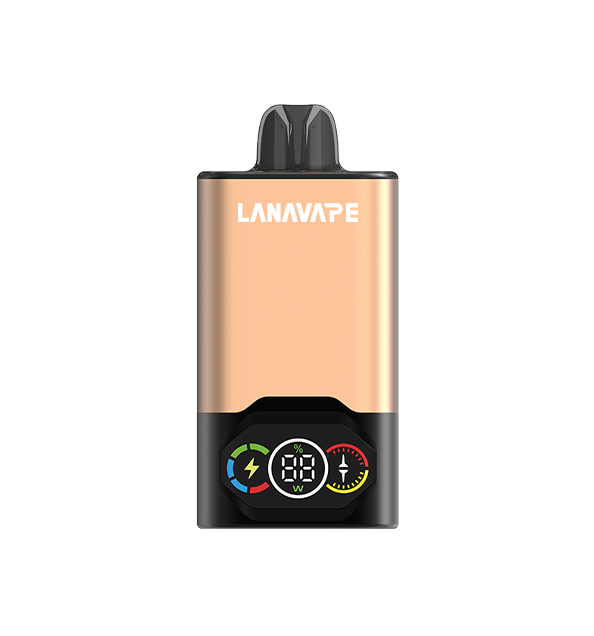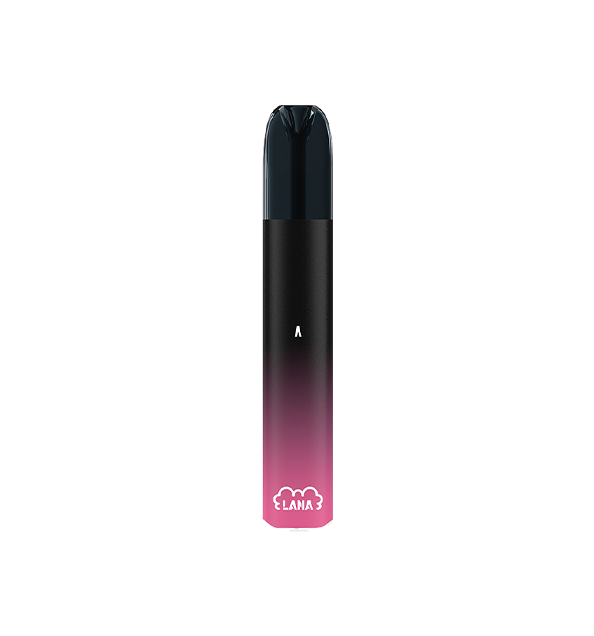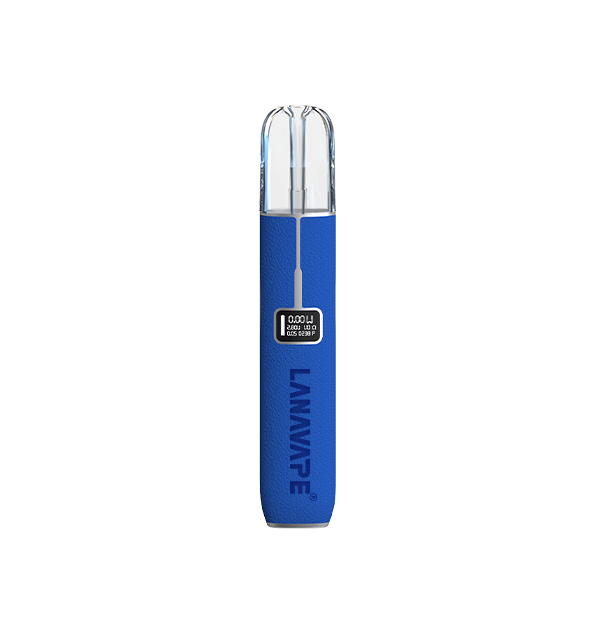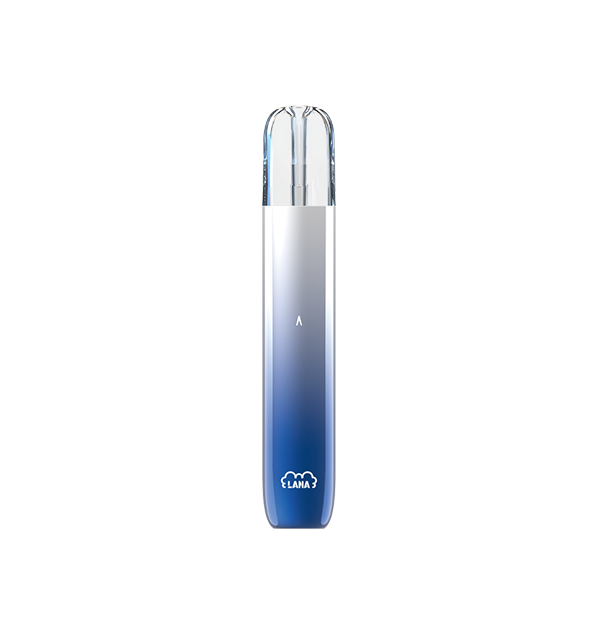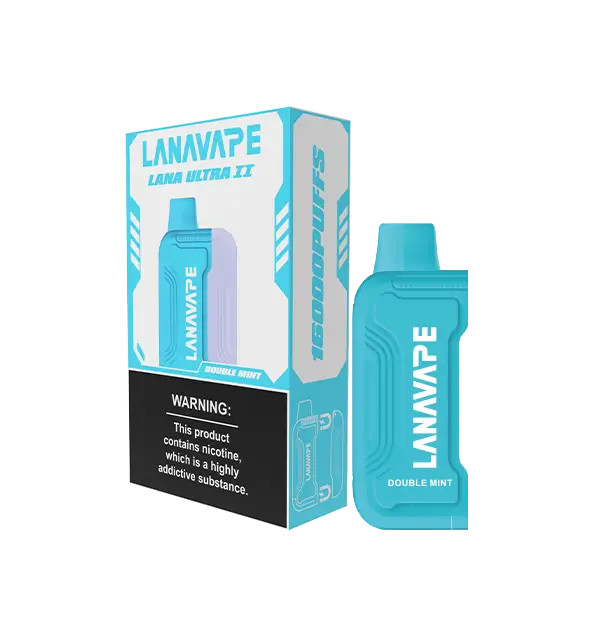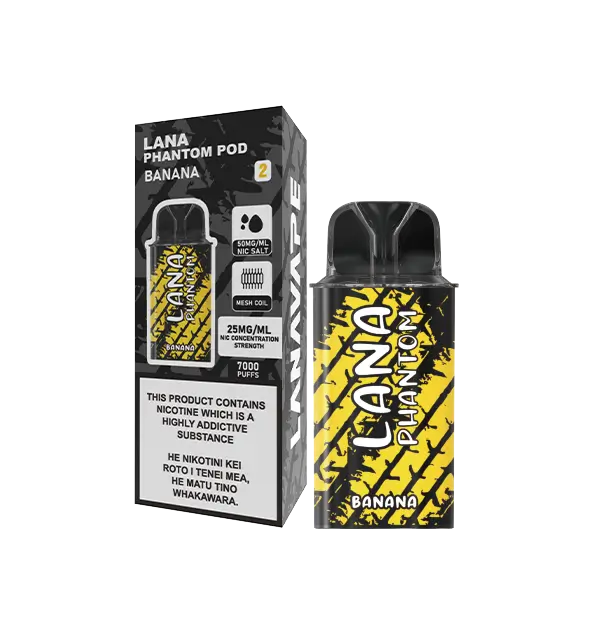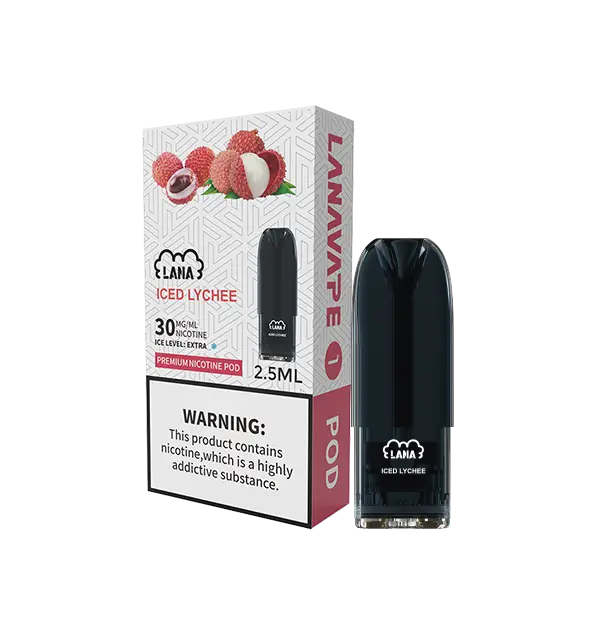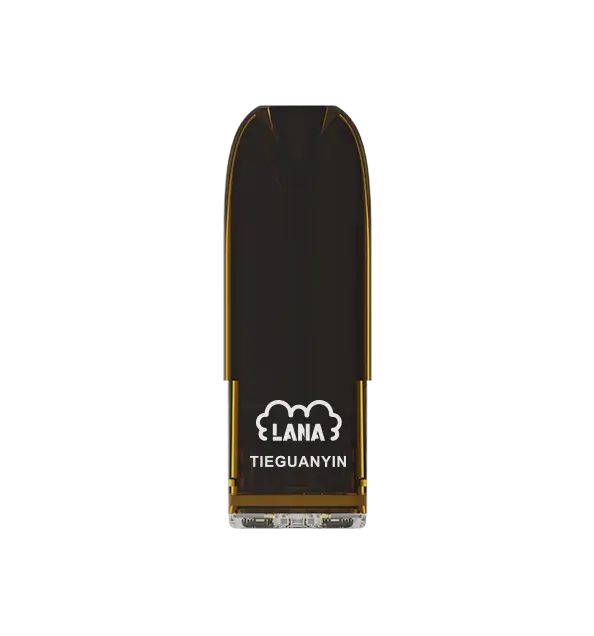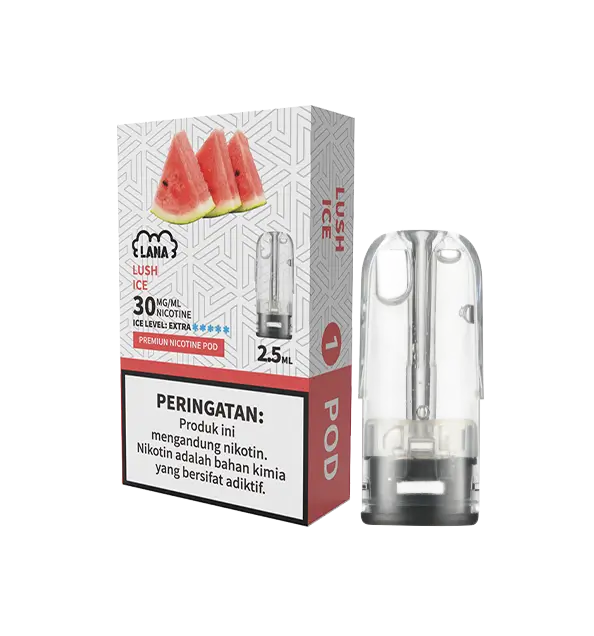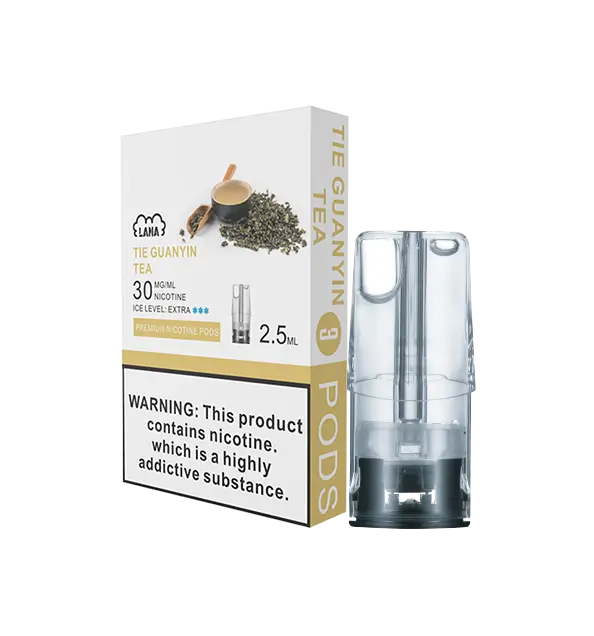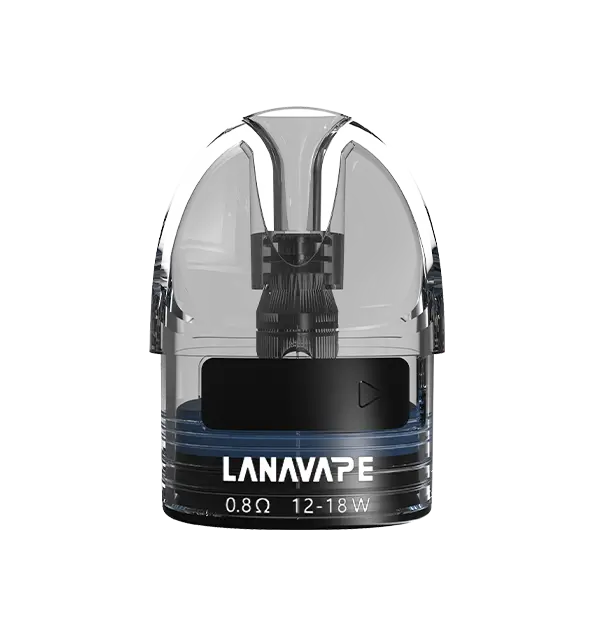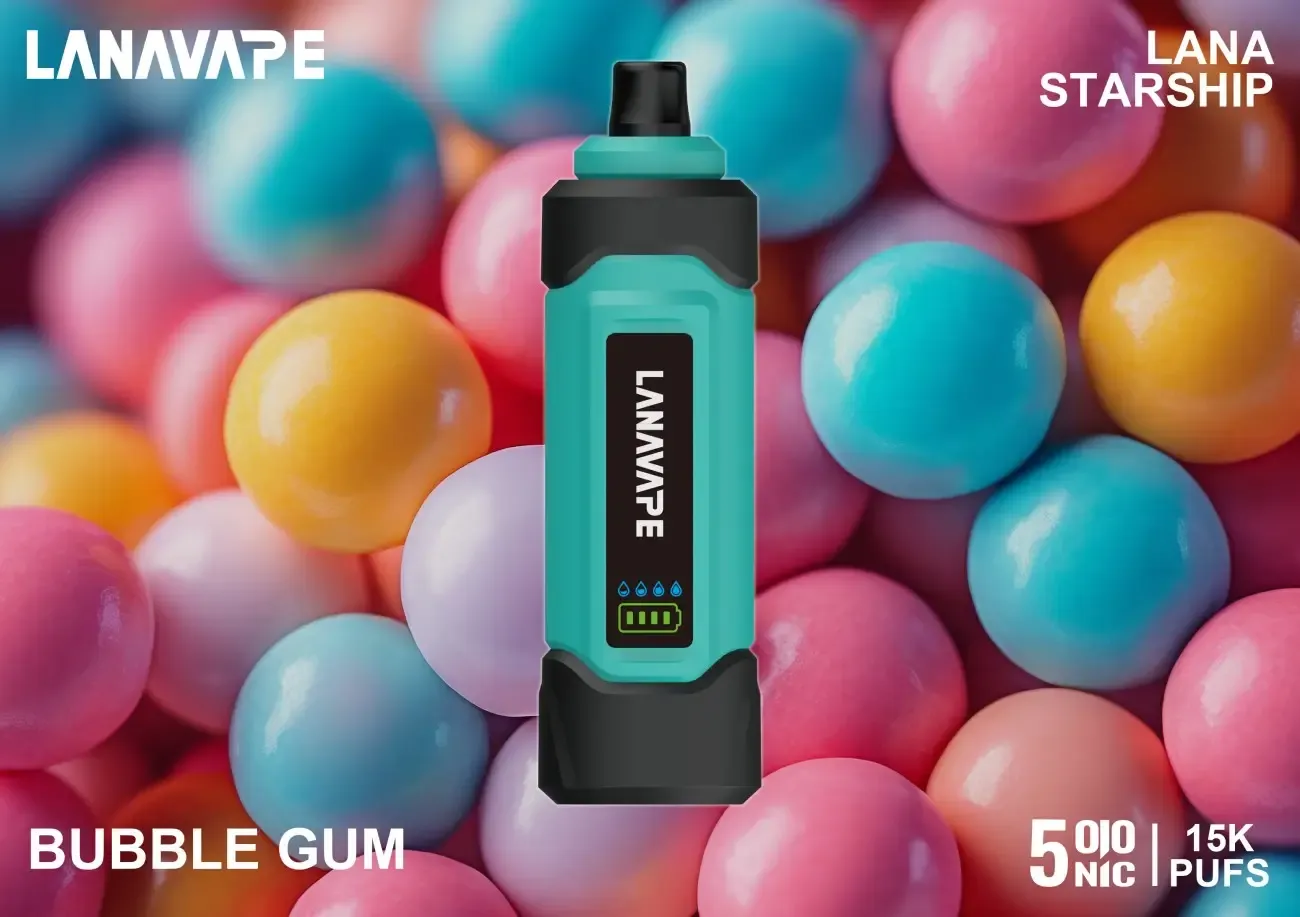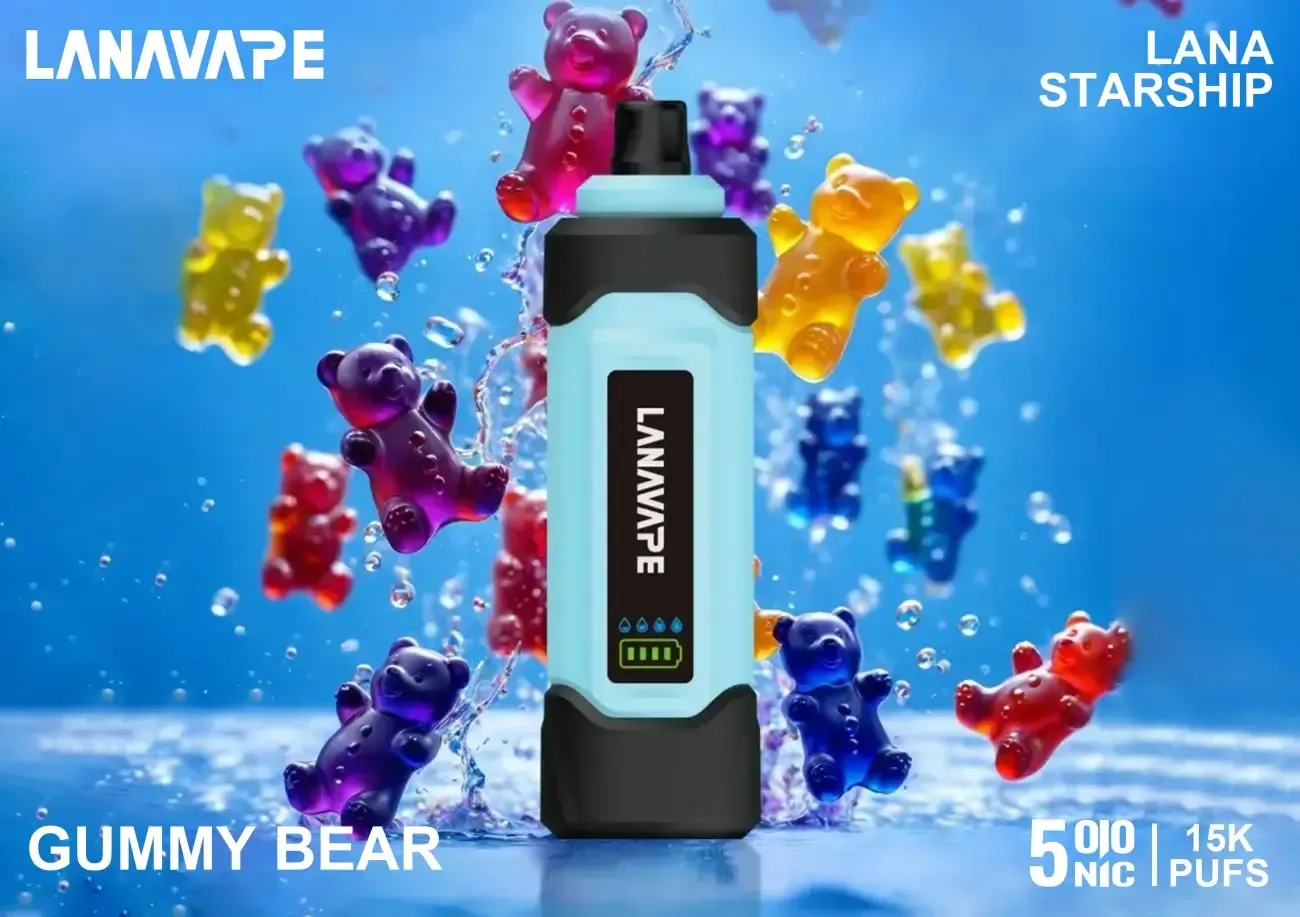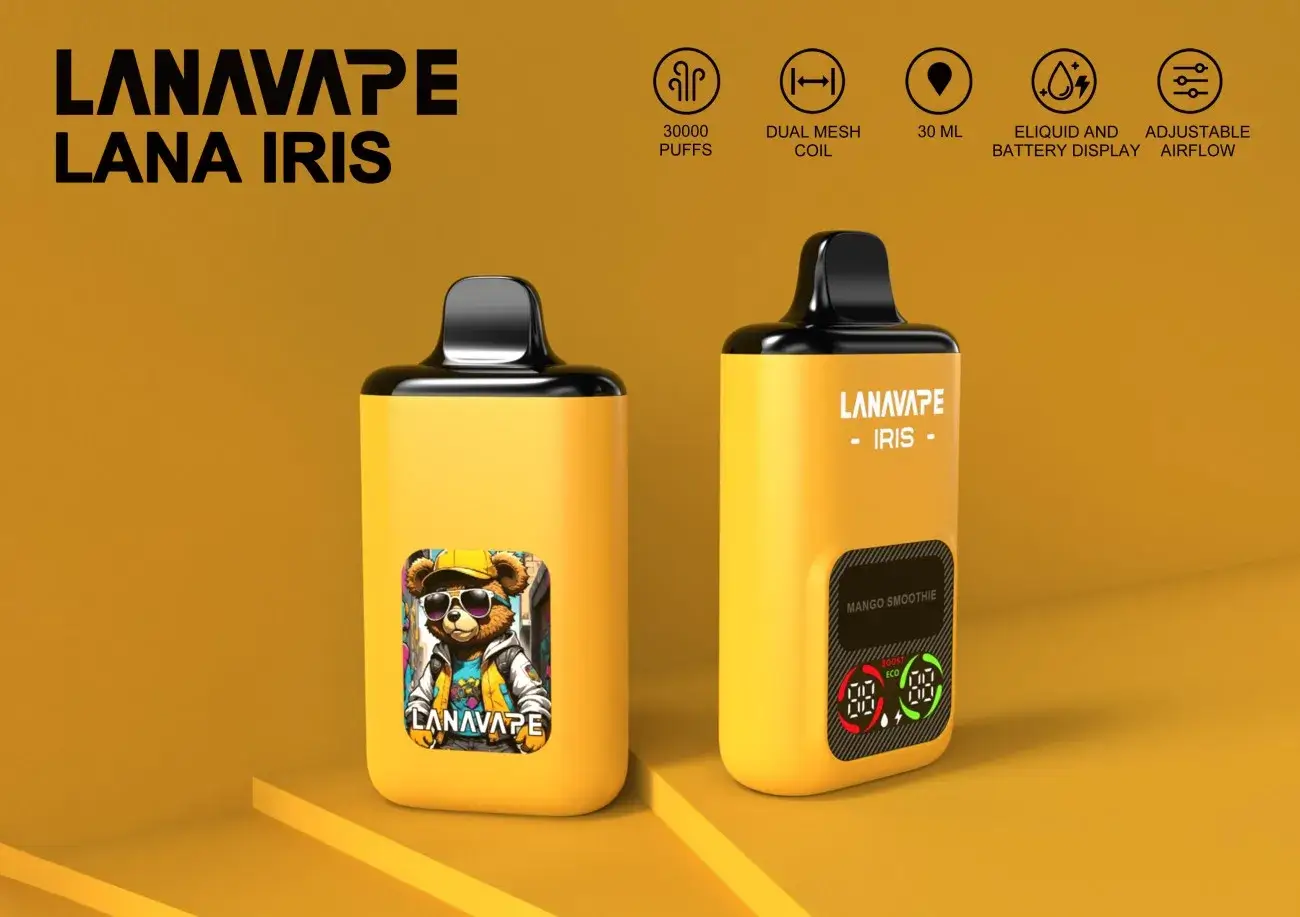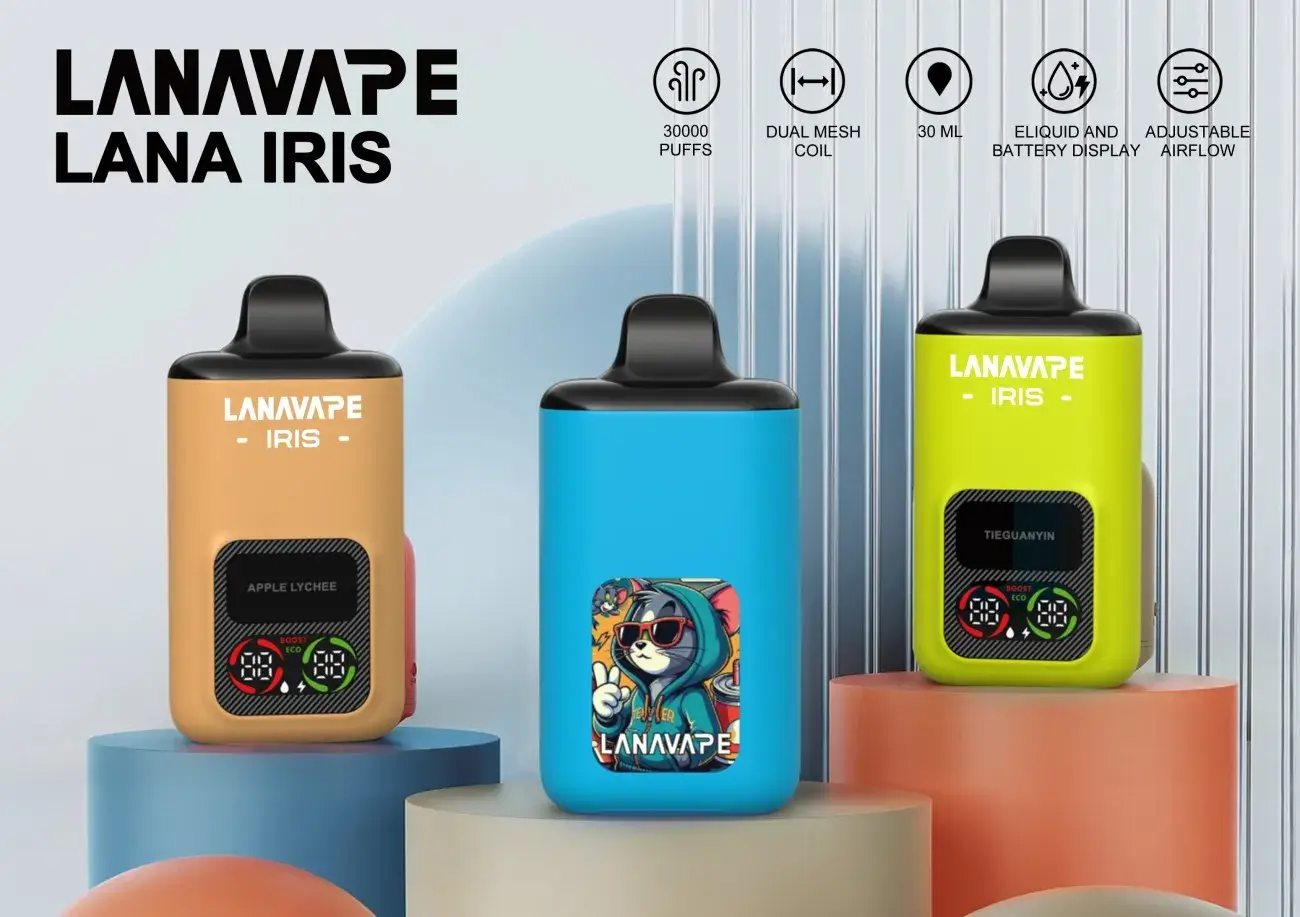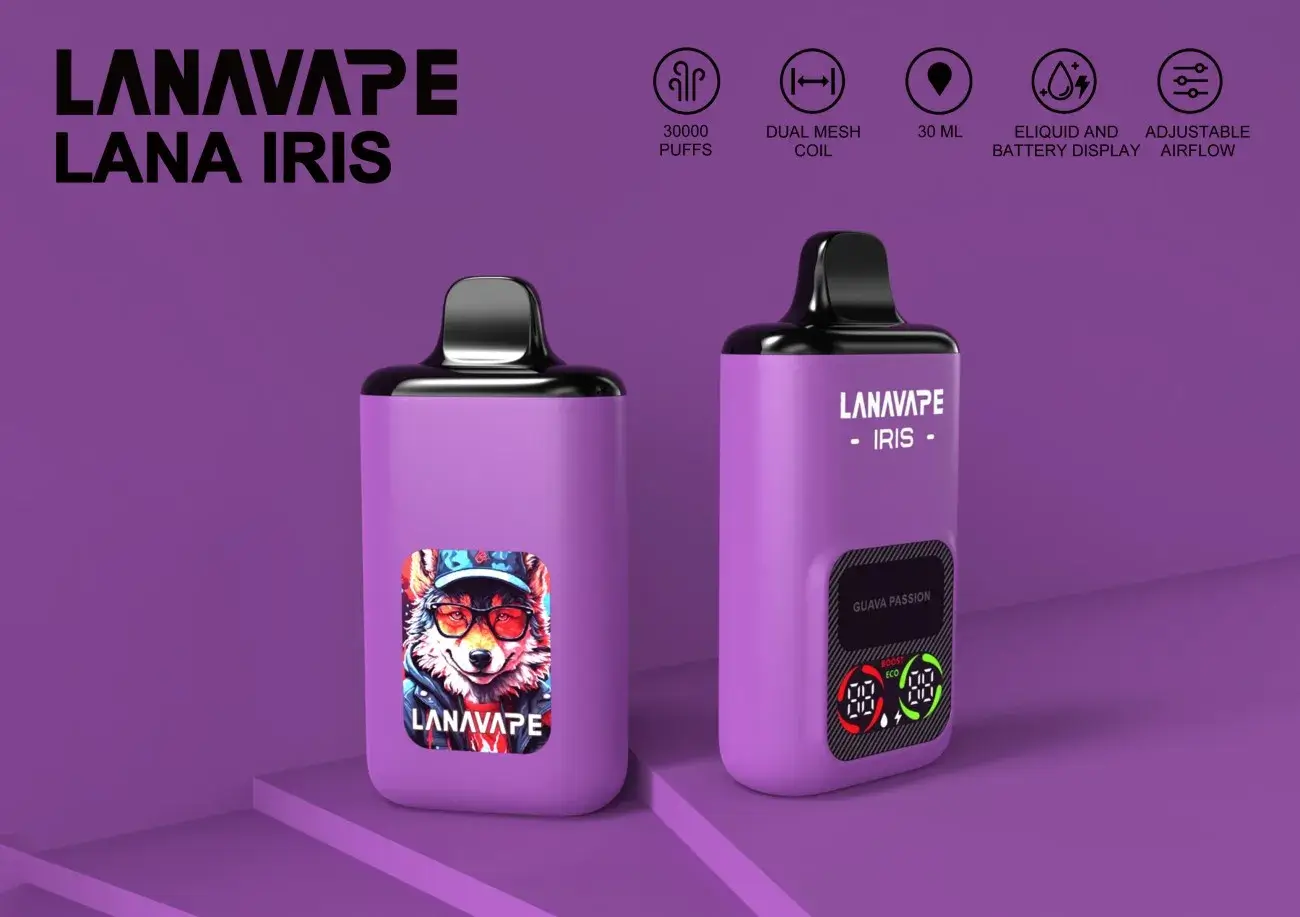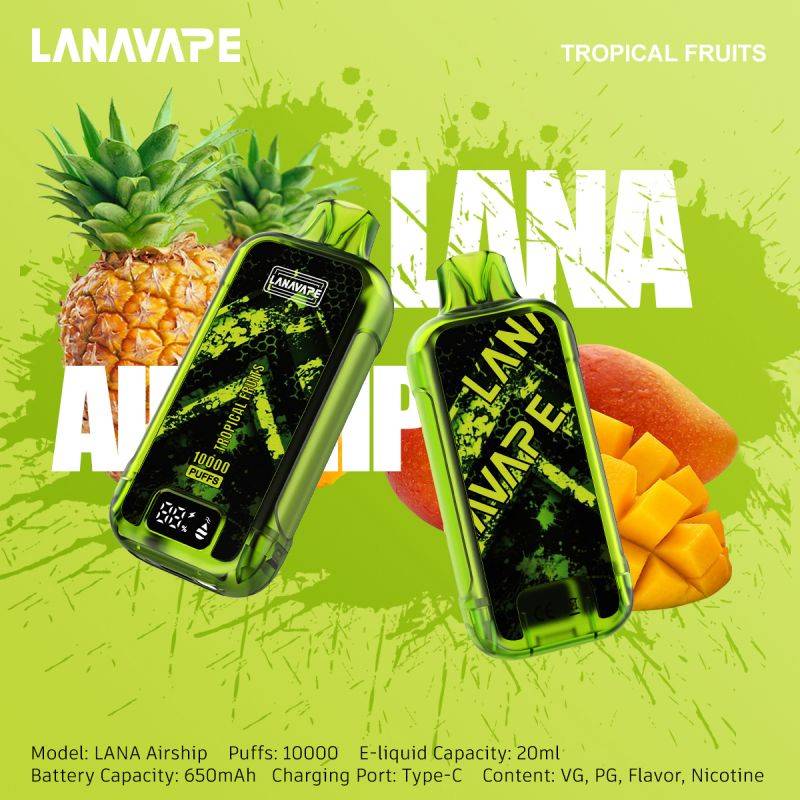
How to Inhale in the Direct-to-Lung Style
Larger vaping devices such as box mods and many vape pens are designed for the direct-to-lung inhaling style. You can identify a direct-to-lung vaping device by the fact that it’ll have a large refillable glass tank with a wide mouthpiece and big airflow vents on the bottom. A direct-to-lung device will also usually have a manual fire button. To use the direct-to-lung vaping style, you’ll fill your tank with low-nicotine e-liquid. The most popular nicotine strength for direct-to-lung inhaling is 3 mg/ml.
To vape, simply hold your device’s activation button while inhaling directly into your lungs. When you exhale, you’ll see an enormous vapor cloud. The enormous cloud production is why you can use e-liquid with such a low nicotine strength without compromising your satisfaction. The e-liquid doesn’t contain as much nicotine, but you’re inhaling so much more with each puff that the lower nicotine strength doesn’t matter. Although you can also find freebase nicotine vape juice with a nicotine strength of 6 mg/ml, we recommend starting with the 3 mg/ml nicotine strength and switching to the 6 mg/ml strength only if you’re certain that you need more nicotine.
Benefits of Direct-to-Lung Inhaling
The biggest benefit of direct-to-lung inhaling is that it’s the way to experience the biggest and boldest flavors when you vape. As we mentioned above, you won’t be able to taste the peppery nicotine when you’re using a nicotine strength as low as 3 mg/ml. You’ll only taste the flavor of your e-liquid – and since you’ll be inhaling enormous clouds, the flavor will be rich and well defined. If you like sweeter flavor profiles that don’t benefit from the savory edge that nicotine brings, you’ll probably love direct-to-lung inhaling.
The other benefit of direct-to-lung inhaling is the great cloud production. Many people find that seeing enormous clouds travel across a room really increases their enjoyment of vaping, and the only way to produce those enormous clouds is by using the direct-to-lung inhaling style because your mouth can only hold so much vapor.
Drawbacks of Direct-to-Lung Inhaling
There are two reasons why you might not enjoy the direct-to-lung inhaling style, and the first reason is because you might miss the throat hit that you get with mouth-to-lung inhaling. For many people, feeling that throat hit is completely necessary in order to derive a sense of satisfaction when vaping. If you like throat hit, you won’t like direct-to-lung vaping.
The other drawback of direct-to-lung inhaling is that switching to that inhaling style will make vaping more expensive for you. You’ll use more e-liquid per day. Using more e-liquid also means that you’ll require replacement coils more frequently, so you’ll spend more on vape gear than you probably spend right now. You’ll still spend less than what you would spend on cigarettes, but it’s something to consider before switching from one inhaling style to the other.
What to Do if You Get E-Liquid in Your Mouth When Inhaling
If you get e-liquid in your mouth when inhaling, it means that you’re using too much air pressure. A mouth-to-lung vaping device has very tight airflow. If you try to draw air through your tank or pod too quickly, the atomizer coil will flood. If the atomizer coil is flooded, the excess e-liquid has to go somewhere. It’ll either squirt into your mouth, or it’ll leak out the bottom of the tank or pod. Inhale gently to prevent that from happening.
What to Do if Your Vaping Device Pops or Crackles When You Inhale
In most cases, a little popping or crackling is normal when you’re using a vaping device with a powerful atomizer coil. If the noise annoys you, consider switching to a tank with a mesh coil. A mesh coil has a very flat profile, which leads to quiet operation and reduced popping and crackling.
What to Do if Your Vaping Device Whistles When You Inhale
Although inhaling too firmly when vaping is mainly a problem that you might face if you’re using a mouth-to-lung vaping device, it’s also possible to use too much air pressure when inhaling directly to the lungs. If that happens, you may notice a whistling noise coming from your tank’s intake vents. The first step here is to make sure that your tank’s vents are fully open. If your tank still whistles, consider switching to a tank with larger air vents.

